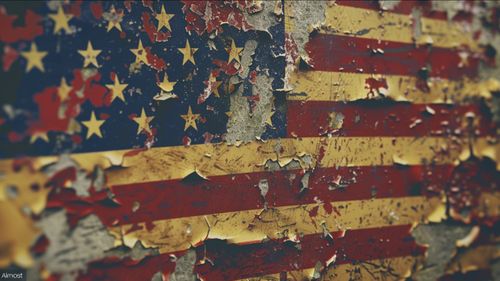The True Story of Frankland: America's Short-Lived 14th State
Mar 19, 2024 · 2 mins read
0
Share

Frankland, the "Almost" 14th State, is a forgotten chapter in American history, a tale of ambition, rebellion, and the quest for statehood in the wilds of the 18th-century frontier.
Save
Share
In 1784, settlers in what is now Eastern Tennessee, frustrated by the lack of protection and support from North Carolina, declared their independence and formed the State of Franklin.
Save
Share
Named in honor of Benjamin Franklin, the Franklinites hoped to gain the favor of the famous statesman. However, Franklin himself was ambivalent, amusedly noting he couldn't recall being a namesake for a state.
Save
Share
The government of Franklin was a bold experiment in democracy, with its own constitution that, notably, abolished slavery—ahead of its time, yet not fully implemented.
Save
Share
For four years, Frankland teetered on the edge of official recognition. It petitioned Congress for statehood but fell short of the two-thirds majority needed by only a few votes.
Save
Share
The fledgling state faced immediate challenges, from Native American raids to internal dissent and a lack of funds. Its currency, made from animal skins and ginseng, was a creative but ultimately unstable solution.
Save
Share
John Sevier, Frankland's charismatic leader and first (and only) governor, was a man of action and vision. He later became the first governor of Tennessee, ensuring his legacy lived on after Frankland's demise.
Save
Share
The end came when North Carolina, in a bid to regain control, offered to pardon the Franklinites and reassert its governance. By 1788, the State of Franklin quietly dissolved, its dream of statehood unfulfilled.
Save
Share
Yet, the spirit of Frankland didn't die. It influenced the creation of Tennessee in 1796, proving that even failed states can leave a lasting impact on the fabric of a nation.
Save
Share
Today, Frankland is a footnote in history books, a reminder of the rugged determination of early American settlers and the complex, often messy process of nation-building in the United States.
Save
Share
0